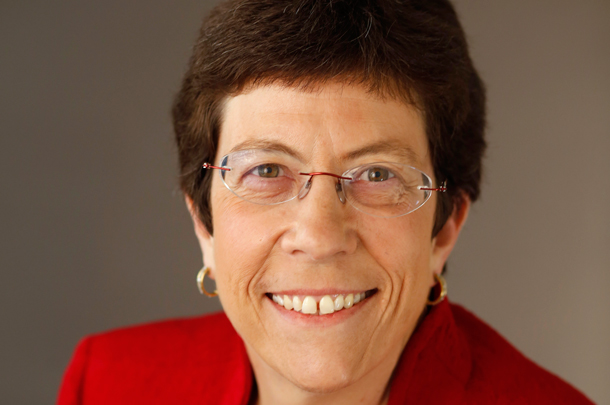The Keck School of Medicine of USC Department of Family Medicine has been awarded a $2.5 million Health Resources and Services Administration (HRSA) grant to create a primary care workforce with interdisciplinary competency in treating health issues faced by elderly patients, helping solve a longtime challenge faced by primary care doctors.
Principal Investigator Laura Mosqueda, M.D., chair of the Department of Family Medicine, is an expert in geriatric medicine and has been charged with developing and implementing the program, known as the USC-Los Angeles County Training a Workforce in Interprofessional Geriatrics (USC-LAC TWIG). The three-year grant will fund the team’s effort to develop comprehensive primary care-based assessment tools for the elderly, as well as training programs that emphasize interprofessional and team-based medical care. Along with the development of a new geriatric primary care assessment clinic at the USC Health Sciences Campus, the program looks to the future by training and educating the next generation of medical students so they are better equipped to care for the elderly.
“People over the age of 85 comprise the fastest growing segment of the U.S. population, and the problem is that they experience issues that interfere with their quality of life,” said Mosqueda, who also serves as associate dean of primary care at the Keck School of Medicine and is a professor of family medicine and geriatrics. “In order to address this problem, we need more than well-trained primary care physicians; we need teams of people from many disciplines working together to focus on patients’ health care needs as a whole.”
The program will go beyond the medical school, extending across disciplines by working in partnership with specialties that include pharmacy, dentistry, occupational therapy, physical therapy and more.
“We’re looking forward to working with others within Keck and USC, as well as with our community partners, in establishing successful educational and clinical systems,” Mosqueda said.
Mosqueda’s goal with this program is to focus on person-centered care, giving more attention and consideration to patients and their families. Additionally, there will be greater emphasis on improvement of diagnosis and care for patients with cognitive impairment or dementia who also have other medical problems.
“USC-LAC TWIG has the potential to make an important difference in medical care for the elderly,” said Carmen A. Puliafito, MD, MBA, dean of the Keck School of Medicine of USC.
“With our rapidly aging population, USC-LAC TWIG is an idea whose time has come,” Puliafito said. “Dr. Mosqueda and her team are poised to create a compassionate, competent health care ‘safety net’ to meet the substantial needs of our elderly patients.”
Leading the USC-LAC TWIG team is Bonnie Olsen, PhD, clinical professor of family medicine and vice chair of academic affairs, Department of Family Medicine. Other team members include Diana Homeier, MD, director of the Geriatric Medicine Fellowship Training Program and associate professor of clinical family medicine; Brad Williams, PharmD, professor of clinical pharmacy and clinical gerontology; Freddi Segal-Gidan, PA, PhD, director of the USC-Rancho California Alzheimer’s Disease Center (CADC) and assistant clinical professor of neurology and family medicine; Christopher Forest, MSHS, DFAAPA, PA-C. director of research in the physician assistant program and assistant professor of clinical family medicine; Anne Katz, PhD, LCSW, clinical professor of social work; Jo Marie Reilly, MD, associate clinical professor of family medicine and Michael Cousineau, DrPH, professor in the departments of family medicine and preventive medicine at the Keck School of Medicine of USC and the USC Price School of Public Policy.
— Leslie Ridgeway


